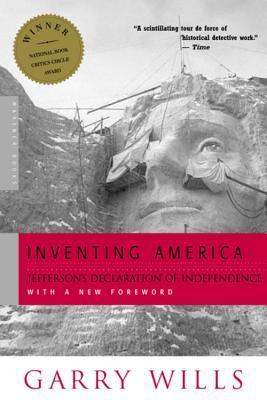What do you think?
Rate this book


432 pages, Paperback
First published January 1, 1978
A subtle distortions colors all our efforts to look at these men as the judged one another. it seems clear to us that they were brokering our own "birth," initiating a history. They stand at the beginning. But they saw themselves as defenders of a history accomplished; taking risks that might end, rather than launch, a noble experiment. They were speaking for deliberative assemblies of great antiquity--some nearly a century old; one that had held its sessions in unbroken sequence for over one hundred and fifty years. (p.37-38)